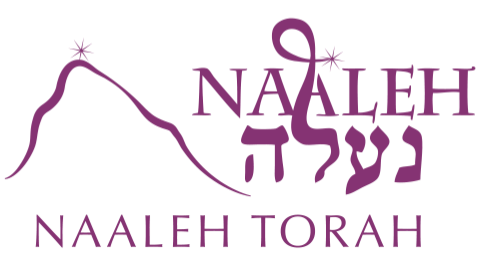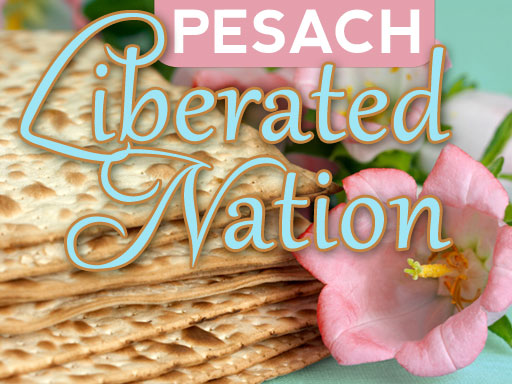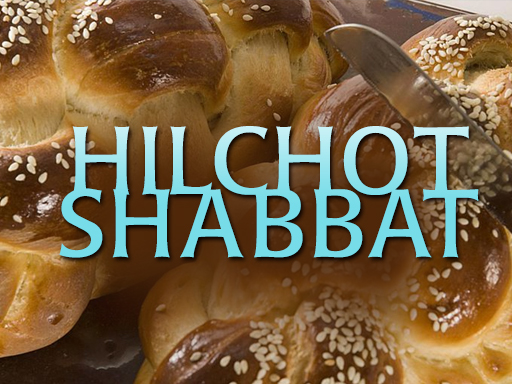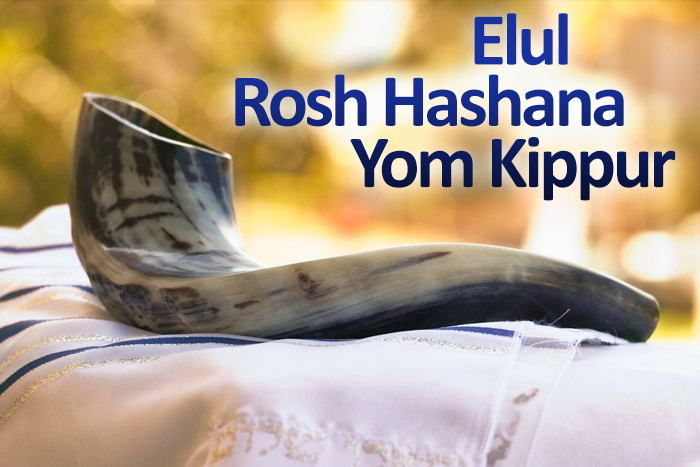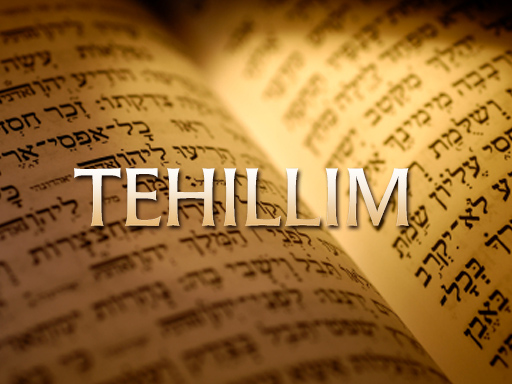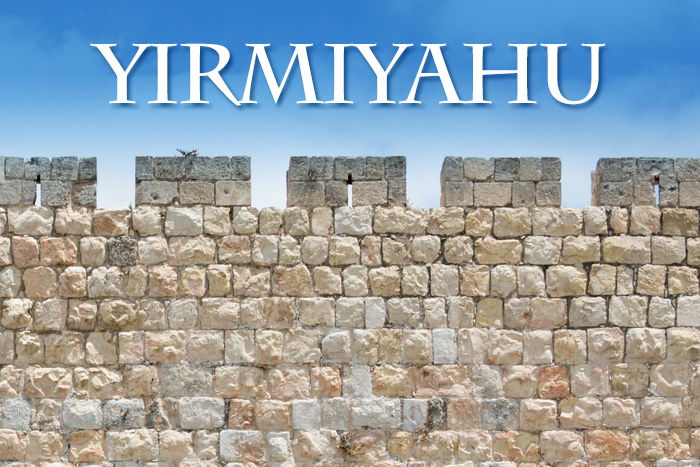The Seder: Exploring the Greatness of Our Sages
Posted onIn this Torah shiur (class) on Pesach, Rabbi Beinsh Ginsburg explains the connections between the statements of the Sages of the Mishna, which make up much of the narrative of the Haggadah, and the written Torah. The Seder night is an opportunity to strengthen our emunah, belief, in the truth of the words of Chazal, our Sages. This is part of the mesorah, the spiritual heritage, which we pass along at the Seder.
